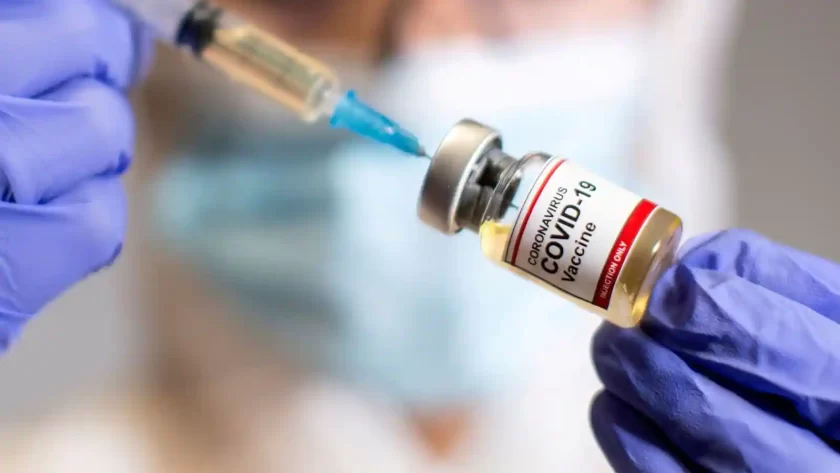Who is working on developing a vaccine?
The search for a vaccine against COVID-19 is in full swing. Research teams all over the world have dedicated themselves to this task. The World Health Organization currently lists over 200 different vaccine candidates . Almost a quarter of these are already being tested on volunteers.
In Germany, the companies BioNTech, CureVac and IDT Biologika, among others, are working on a vaccination. They are supported by the federal government with almost 750 million euros as part of a national special program.
Which vaccines are currently being researched?
3 different approaches are considered particularly promising:
- Live vector virus vaccines
- Inactivated vaccines with viral proteins
- mRNA/DNA vaccines
What these strategies have in common is that the SARS-CoV-2 virus is presented to the immune system in a modified and less strong form. This allows the body to build up immunity, which then protects it from the real pathogen. The conditions for the researchers are good, as there are already empirical values from other corona viruses such as MERS and SARS.
How is the development of the vaccine going?
The first step is to analyze which components make up the virus and what people specifically react to, or why the virus causes illness in people. This is followed by a search for suitable antigens and suitable additives that can be presented to the human immune system instead of the virus.
In cell cultures and in animal experiments, the potential vaccine is being tested for the first time for efficacy and tolerability. If good results are achieved, there is a 3-stage clinical test procedure with thousands of volunteer participants. If all tests are positive, an application for approval can be submitted. The vaccine may only be used once approval has been granted.
When is the vaccine coming?
Federal Research Minister Anja Karliczek assumes that the first vaccinations against the corona virus can take place as early as mid-2021 . However, one must await the results of the various clinical test phases and any subsequent approval procedures. In addition, the vaccine must then also be produced in relevant quantities (for millions of people). Therefore, no fixed date can be given at the moment. 2021 is an optimistic goal – it usually takes about 15 to 20 years before a new vaccine can be used on the market.
Who gets the vaccination?
Since it can be assumed that a vaccine against the coronavirus will initially only be available to a limited extent, the Standing Vaccination Commission is already working on useful vaccination recommendations. In all likelihood, those who are exposed to a particular risk of infection or a potentially serious course of the disease will receive the vaccination first. These include e.g. B. People with underlying diseases and medical staff.
As soon as enough vaccine doses are available, the rest of the population should also receive the vaccine. There will be no obligation to vaccinate. Federal Health Minister Jens Spahn promised this at a press conference on September 15, 2020.
Will the vaccine even be safe?
Yes, a new vaccine will only be approved if it has successfully passed all the necessary testing and approval phases. Even if development and approval procedures are accelerated, no compromises are made when it comes to quality standards. The effectiveness and possible side effects are checked by an independent body after the market launch and recorded centrally.
It is theoretically possible that very rare side effects (1 case in over 10,000 vaccinated people) will only be discovered after the introduction of the vaccine. However, established vaccines such as B. the flu shot side effects. In any case, the benefits will clearly outweigh the risks of a COVID-19 vaccination.
Will the COVID-19 vaccine make the flu vaccine obsolete?
no Since there are 2 different pathogens, with which one can become infected at the same time in the worst case, both vaccinations are important independently of each other, especially for risk groups. All other vaccinations such as B. vaccination against pneumococci or primary immunization for infants should continue to be carried out according to the recommendations of the Standing Committee on Vaccination.
However, there are several studies that indicate that vaccination against influenza trains the immune system to a certain extent. This could make it better armed against the corona virus. But you shouldn’t rely on that – the flu is not COVID-19 .
Do not rely on vaccination!
Developing a suitable vaccine is just one of several strategies to combat COVID-19. The correct behavior of each individual is still absolutely essential to curb the spread of the coronavirus. Here is a brief summary:
- Keep at least 1.5 meters distance
- Wear mouth and nose protection
- Wash your hands frequently
- Observe the cough and sneeze etiquette
- Ventilate regularly
- Download the Corona warning app


